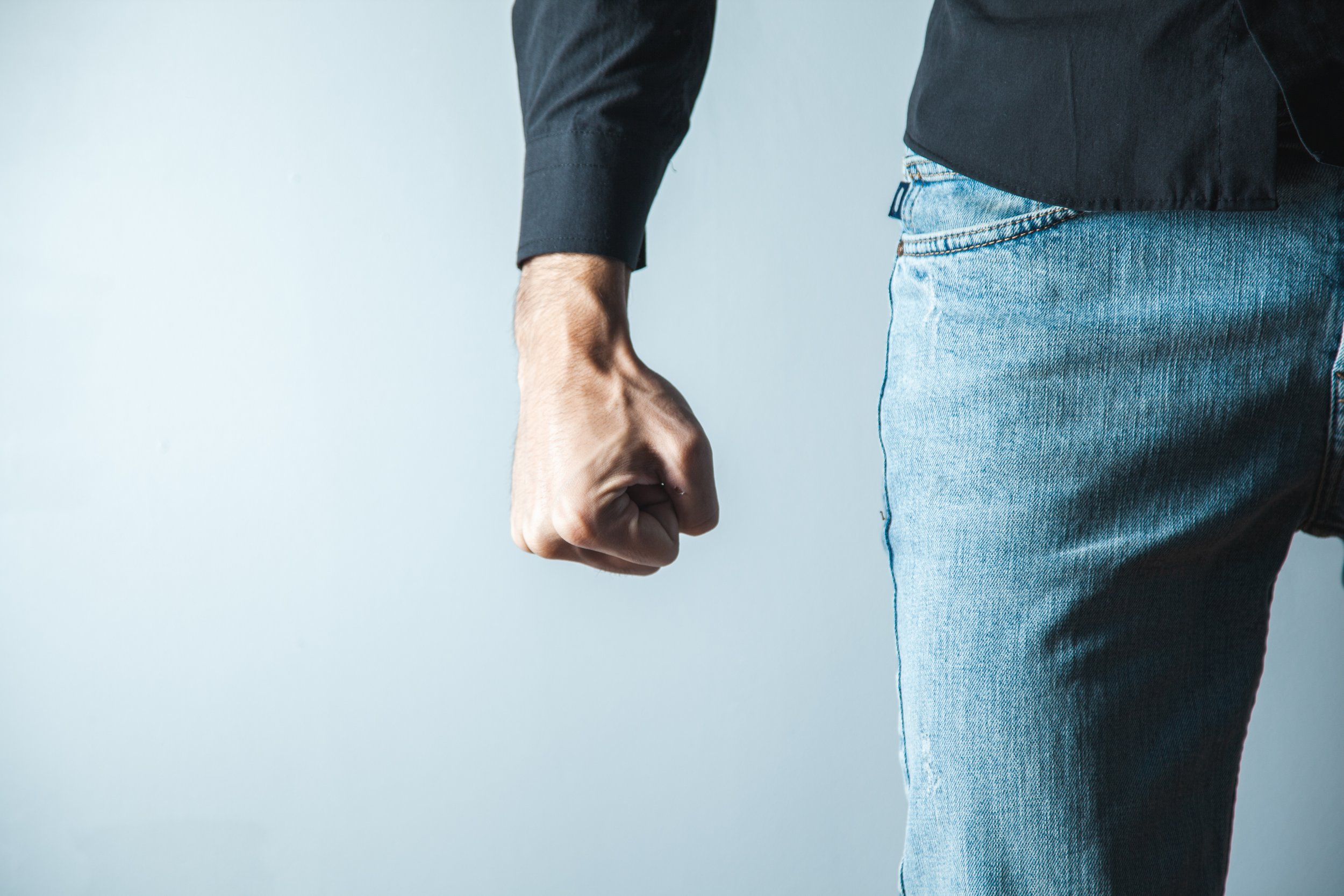Why anger might be a sign of depression in men
When you think of depression, you might picture sadness, low energy, and withdrawal. But for many men, depression doesn’t always show up that way. Instead, it might show up as anger — quick tempers, irritability, or outbursts that seem to come out of nowhere.
If that sounds familiar, you’re not alone. And there’s nothing wrong with you. There’s a reason this happens, but the good news is there’s ways to deal with it.
Why does depression sometimes show up as anger?
You might be wondering, why am I so angry all the time? It could be that your anger is masking something deeper.
Here’s what might be going on behind the anger
You’re taught to tough it out: From a young age, a lot of boys are told to stay strong and avoid showing emotions, especially sadness. But “toughing it out” doesn’t make the emotion go away. Think of a soda can being shaken again and again. If you keep emotions bottled up, eventually they’ll explode.
Anger feels safer: Men are often taught that anger is more acceptable than sadness. As a result, you might show your sadness as anger because it feels more socially acceptable.
Frustration and helplessness: When you’re depressed, it’s common to feel stuck, frustrated, or hopeless. For some men, these feelings of helplessness come out as anger instead of sadness.
Avoiding vulnerability: Some men may feel ashamed or uncomfortable showing sadness, so they turn it into anger because it feels stronger and more protective.
Signs your anger might be depression
Anger on its own isn’t bad; it’s a natural emotion that we all experience. But if it’s constant or doesn’t make sense in the moment, it could be a sign of something deeper.
Watch for these signs:
You’re easily irritated, and it lasts for weeks or months
Your anger feels out of control or stronger than the situation deserves
You’ve lost interest in things you used to enjoy
You feel more tired or burnout than usual
You’re hard on yourself and feel worthless or guilty
You have headaches, muscle pain, or a lower sex drive than usual
When anger is persistent, unexplained, or tied to other symptoms like fatigue or hopelessness, it might be time to look closer.
Healthy ways to manage anger and depression
If you’re noticing these patterns, the good news is there are ways to take back control. You don’t have to feel stuck in this never-ending cycle.
Here are some starting points:
Acknowledge how you feel: The first step is recognizing that anger and depression are normal emotions, and they don’t mean you’re weak. Allow yourself to feel your emotions without judgment, instead of bottling them up.
Talk it out: Reach out to someone you trust — a friend, partner, or a counsellor. You don’t have to have all the answers. Sometimes, talking through how you’re feeling can help boost your mood and offer new perspectives.
Practice self-care: Simple things like physical activity or engaging in hobbies are proven way to manage stress, lift your mood, and release built-up tension.
Challenge negative thoughts: Depression often comes with negative self-talk. Try to notice when you’re being overly critical and ask yourself if you’d say those same things to a friend.
Ask for help: A counsellor can help you understand where your anger is coming from, give you tools to manage it, and work with you to address the root causes.
How counselling can help
If you’re feeling stuck with anger or depression and nothing seems to be helping, it might be time to talk to someone. At Calgary Counselling Centre, we help men every day who are struggling with anger and depression. Counselling is a great way to identify root causes of your emotions, learn healthier coping strategies, and improve your emotional awareness so that you can get back to feeling like yourself.
You’re not weak for feeling this way. You’re human. And with the right support, feeling better is possible. Reach out to us to get started.
Information for this blog post was provided by registered social worker Kyle Ho, and men and boys outreach coordinator Ryan McAuley.


